Railing Against the Wind
Local anti-wind citizens’ groups are using pro-environment rhetoric to turn public opinion against offshore wind, a tactic borrowed from fossil fuel companies.
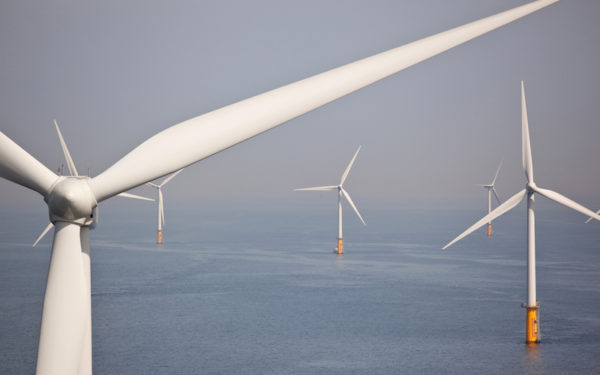
Local anti-wind citizens’ groups are using pro-environment rhetoric to turn public opinion against offshore wind, a tactic borrowed from fossil fuel companies.

Seven guidelines for how North Atlantic right whales and offshore wind can share the sea as safely as possible.
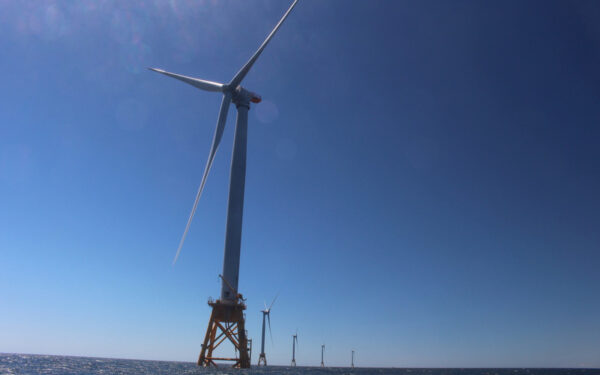
CLF is fighting to ensure vital offshore wind projects in the Gulf of Maine are responsible and equitable.
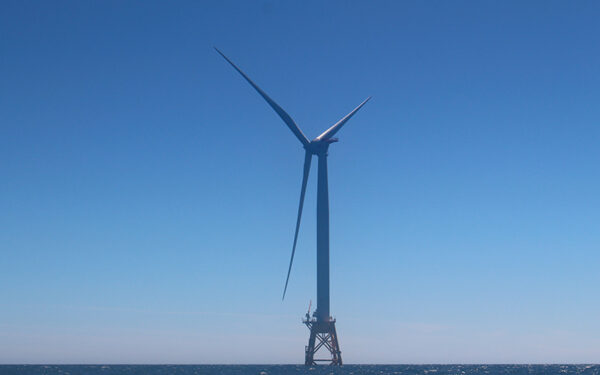
Climate deniers and fossil fuel interests are quietly fueling an anti-offshore wind misinformation campaign
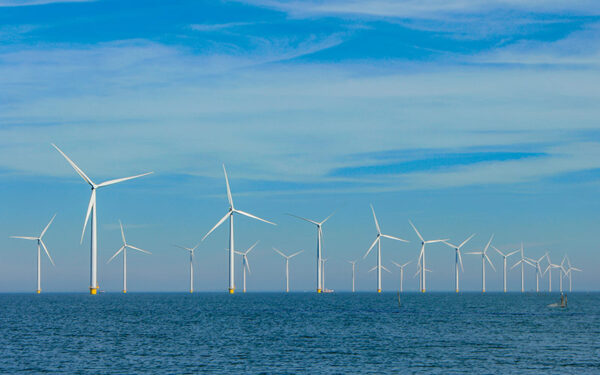
Don’t believe the disinformation. We can develop offshore wind and meet our renewable energy goals while protecting the marine environment.
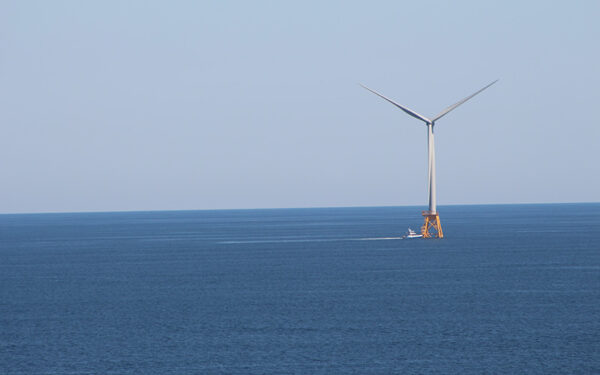
Two proposed projects in Massachusetts aim to transform what were once centers for dirty energy into starting blocks for our clean energy future. In the process, they could provide a blueprint for reimagining our working waterfronts. Massachusetts’ waterfronts have always played a critical role in the state’s economy, supporting our fishing, shipping, and energy industries,… Continue reading Setting the Stage for Our Clean Energy Future
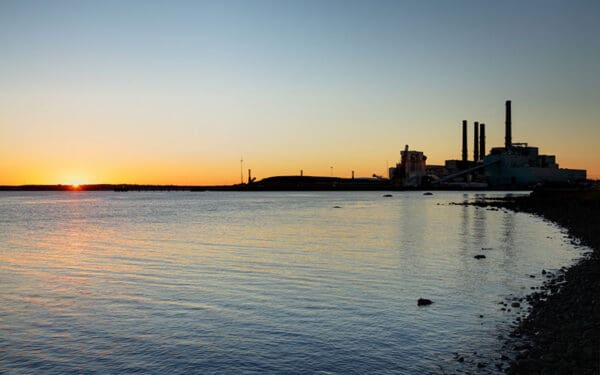
“The climate crisis is already affecting communities here in Rhode Island,” said CLF staff attorney James Crowley. “We need new offshore wind resources to provide clean, renewable energy, and it’s extremely disappointing that the state’s latest procurement process has not resulted in any new development. Ramping up the development of clean energy is a major response to the crisis we’re facing, and the state needs to get moving.”
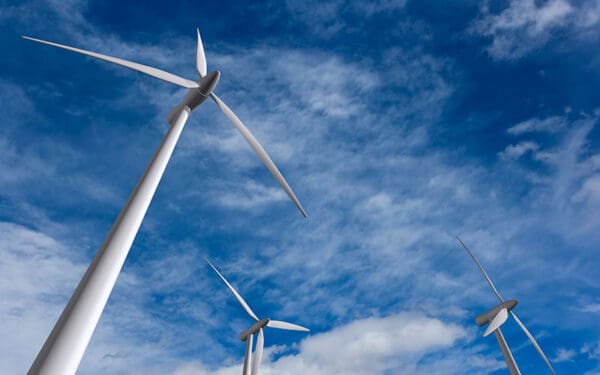
“It’s time to go big on offshore wind,” said Caitlin Peale Sloan, Vice President of CLF Massachusetts. “If we’re going to meet the state’s ambitious climate goals, we need to seriously ramp up the development of renewable energy, and responsibly sited offshore wind is crucial. Fossil fuels like natural gas pollute our air and worsen the climate crisis, and this is yet another step towards leaving them in the past where they belong.”
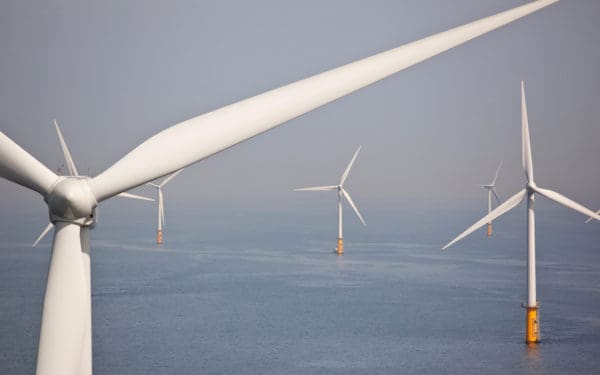
“Expanding offshore wind is a necessity if New England is going to confront the climate crisis with everything we’ve got,” said CLF senior attorney Nick Krakoff. “The Gulf of Maine needs to be part of that strategy, yet it is critical to ensure that wind is developed responsibly. We must limit impacts on the critical species, habitats, and existing ocean users that make the area so special, and CLF will be at the table to make sure that happens.”

Offshore wind can save us money on our energy bills, provide more electricity in cold temperatures, and slow the effects of climate change.
